Japanese-Turkish Literary Translators’ Visit: Closing Reflections
In conjunction with celebrations marking the centennial anniversary of Japanese–Turkish diplomatic relations, the Japan Foundation hosted a thirteen-day visit to Japan for seven early- to mid-career Turkish translators of Japanese literature in November 2024. (Japanese–Turkish Literary Translators’ Visit)
Here we report on some reflections received from participants after the project’s conclusion.
Nuray Akdemir
Assistant professor, Social Sciences University of Ankara
“Japanese Literary Works in Translation Abroad,” the lecture by professors Yoshio Hitomi and Shibata Motoyuki, was fascinating. Discussions of writings by authors like Natsume Soseki, Mishima Yukio, and Kawabata Yasunari often emphasize that Japan’s culture and society are exotic and different to Turkey’s. This lecture reminded me of how important direct translation from Japanese to Turkish is if we are to overcome biases and understand Japan and its literature more deeply.
The lecture and discussion presented by professor Kanehara Mizuhito and Kuramoto Saori introduced me to many contemporary Japanese literary works and authors I was then unfamiliar with. I will take this body of work back to Turkey and hope to translate some of these titles one day.
Zeynep Ebru Okyar
Employee, AI Data & Language Services; freelance translator and editor
When we met author Kawakami Hiromi, one thing she said stuck with me in particular: “Unlike authors, translators will read a work over and over, looking up the words that appear in it. As long as the narrative remains coherent, I see no problem with translators deciding what ambiguous parts of the author’s original text mean.” I was very happy to hear this. When I translate, I am always determined to accurately convey what the author means to say, but this also creates anxiety about the possibility that I will fail to do so. Meeting an author and hearing directly from her on this topic and her work not only eased my anxiety, it strengthened my resolve to continue my sincere engagement with translation.
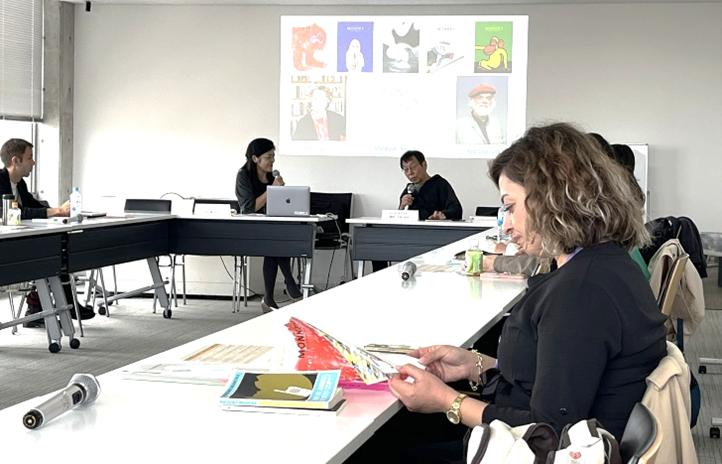
Yoshio Hitomi (professor, Waseda University) and Shibata Motoyuki (translator) presenting “Japanese Literary Works in Translation Abroad”
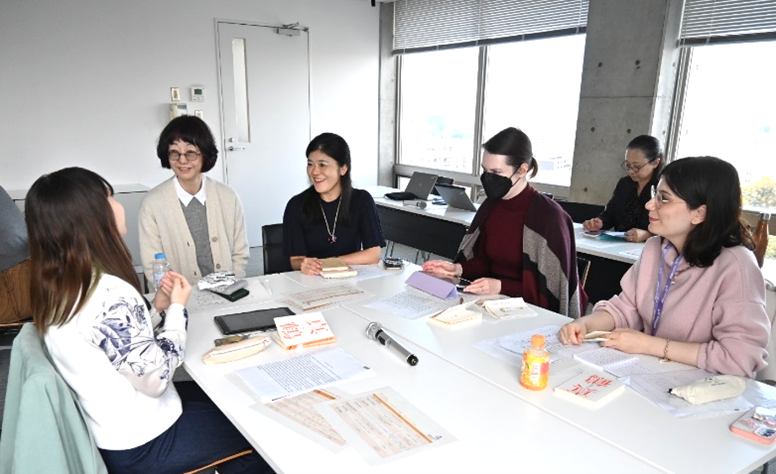
Translation workshop with Yoshio Hitomi and Kawakami Hiromi (author)
Nilgün Aydoğdu
Master’s candidate, Çanakkale Onsekiz Mart University; translator, Japanese language instructor
What particularly stayed with me was the lecture by professor Miyashita Ryo. “Translators also have the responsibility to convey feelings, cultures, and values through the words they translate”—I felt these words deeply, and I now have a new understanding of the essence of translation as a practice. Meeting Li Kotomi, a novelist who writes in Japanese though it is not her mother tongue, was another memorable event, and an important opportunity to think deeply about language, culture, and translation.
The exhibition at the Museum of Modern Japanese Literature about editors was a priceless glimpse at the correspondence and interactions between writers and their editors. Each writer’s character, personality, and lifestyle were reflected in the words they used and how, enabling a deeper understanding of that writer and their work from a translator’s perspective.

“Translation, Literature, and Me,” a discussion moderated by Miyashita Ryo (associate professor, Osaka University)
Nesibe Kaya
Research fellow, Burdur Mehmet Akif Ersoy University
Kashiwaba Sachiko, a writer we met in the city of Tono, was warm and highly receptive to questions. I would like to translate her book Tono monogatari [The Tales of Tono], which is based on the stories originally collected under the same title by folklorist Yanagita Kunio. It was inspiring to hear directly from the author about her expectations of translators.
Our visit to the Tono Children’s Book Forest, a library for children, was also a memorable occasion. It was a beautiful place, with every aspect of its design based on careful thought about what would make children want to read. I am certain that my experiences on this program will be enormously valuable to me not only when translating Japanese literature but in my life as a translator.
Hatice Han
Employee, Sango Türkiye, Inc.; interpreter and translator
The time we spent speaking directly with the three authors Kashiwaba Sachiko, Kawakami Hiromi, and Li Kotomi was priceless. As a reader, literature can inspire many thoughts and emotions, but your perspective does not always match that of the author, and speaking to these three was a reminder that some things can only be learned by asking authors directly.
The most memorable part of the program for me was our literary excursion to Iwate Prefecture. Visiting the setting of Tono monogatari in person with Kashiwaba gave me an even deeper appreciation of the magic of Tono.

At Kappabuchi Pool in Tono, Iwate
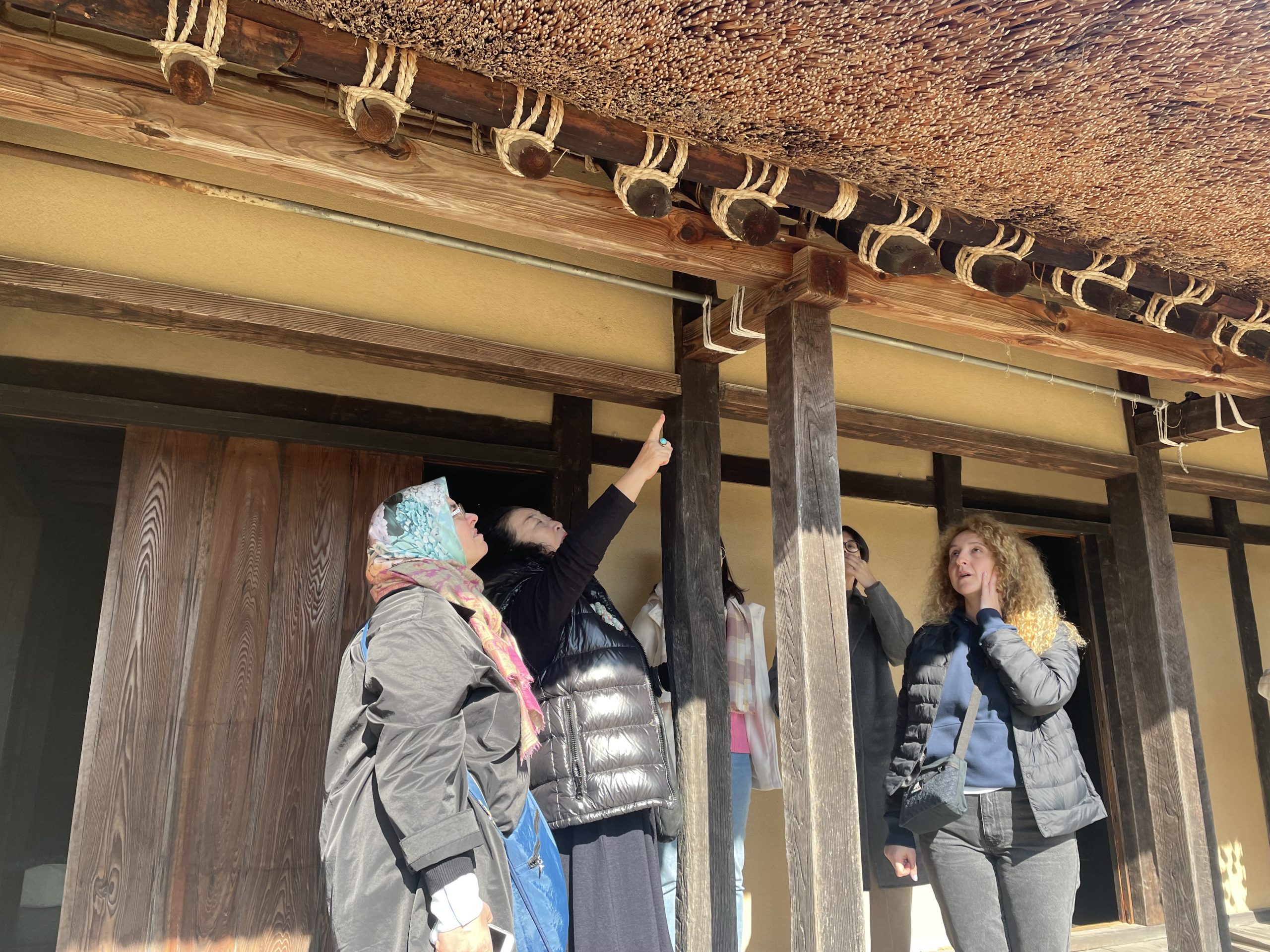
Examining a thatched roof at Denshoen Park in Tono, Iwate
Filiz Yılmaz
Assistant professor, Ankara University
Our literary excursion to the city of Hanamaki, Iwate Prefecture, the birthplace of Miyazawa Kenji, was an unforgettable experience. I have loved Miyazaki’s work since my student days, and visiting his hometown and the Miyazawa Kenji Museum helped me to understand his literary world more deeply.
The lectures and translation workshops were a reminder that translation is not simply a matter of replacing one language with another—a translator also needs a deep understanding of linguistic structure and cultural background. I look forward to conveying the lessons and experiences from this program to the students in the translation courses I teach at university.

At the Miyazawa Kenji Ihatov Museum in Hanamaki, Iwate
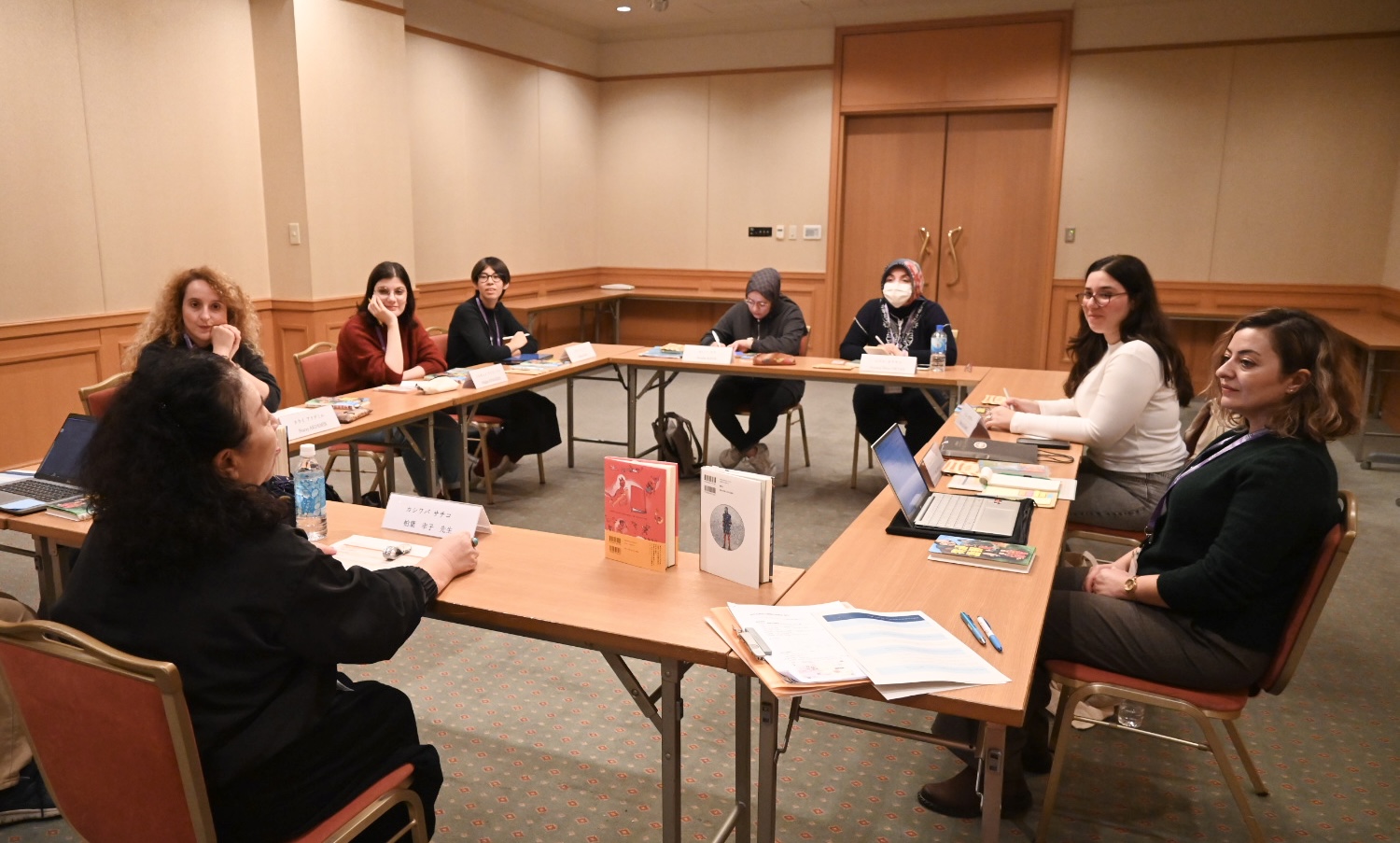
“On Tono monogatari (The Tales of Tono),” an event with Kashiwaba Sachiko
İrem Özdel
Research student, Graduate School of Humanities, Osaka University
Along with practical knowledge about translation and background information on various works of literature, this program also gave me a renewed appreciation for the hidden depths of translation as a profession. Encounters with writers, editors, researchers, veteran translators, and many others involved with literature and translation showed me new perspectives on these topics, provoking me to reassess my own ideas about translation and translation style. Seeing the sheer breadth and diversity of Japanese literature was a reminder of the countless works of Japanese literature that are not yet translated into Turkish. As a translator, this was highly motivating, and I came away determined to deepen my understanding even further and share the appeal of Japanese literature with more Turkish readers in the future.
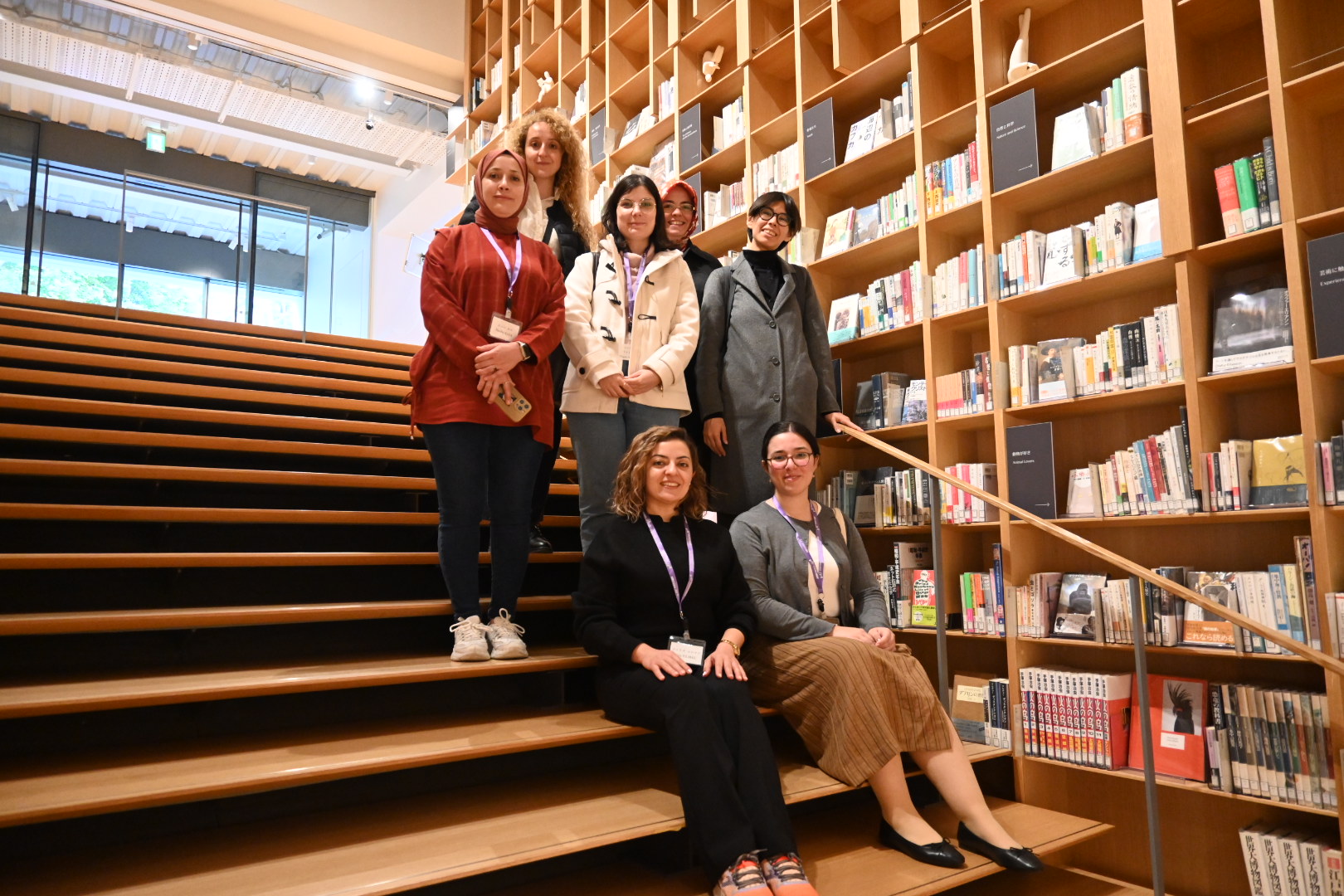
At the Waseda International House of Literature (Haruki Murakami Library)
See Also....
-
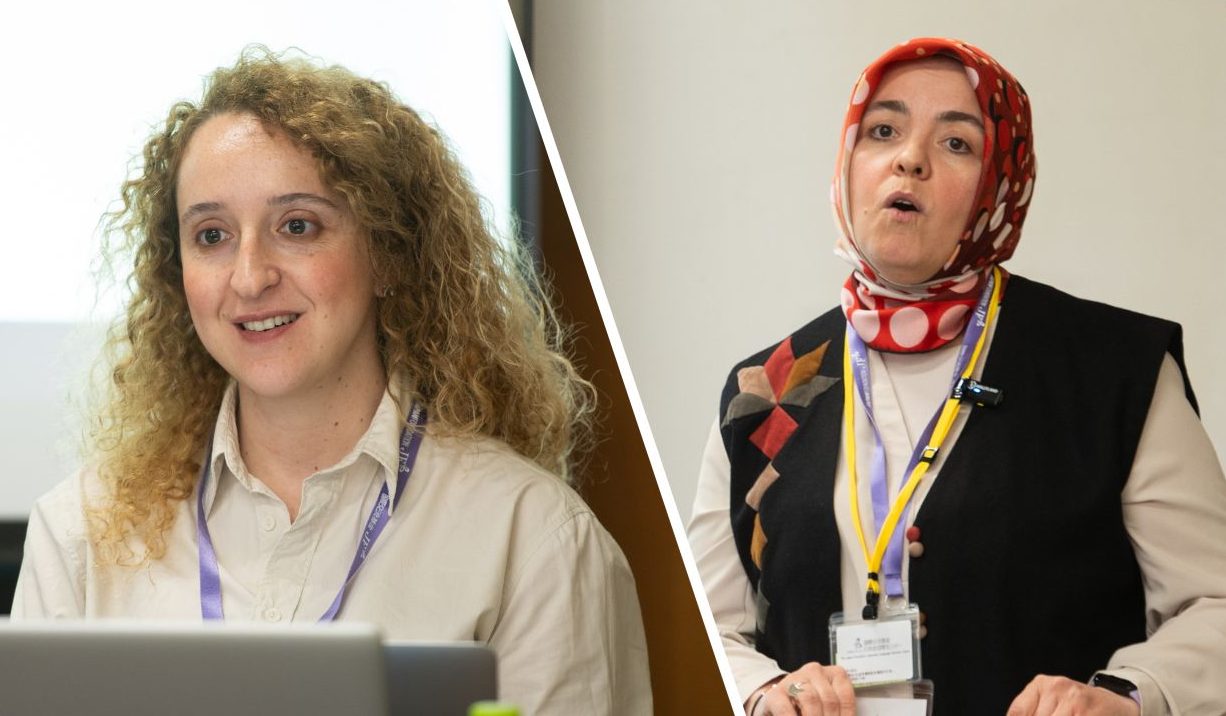
Translation, Literature, and Me
Japanese-Turkish Literary Translators’ Visit Report #1#TurkishTranslatorVisit2024 -
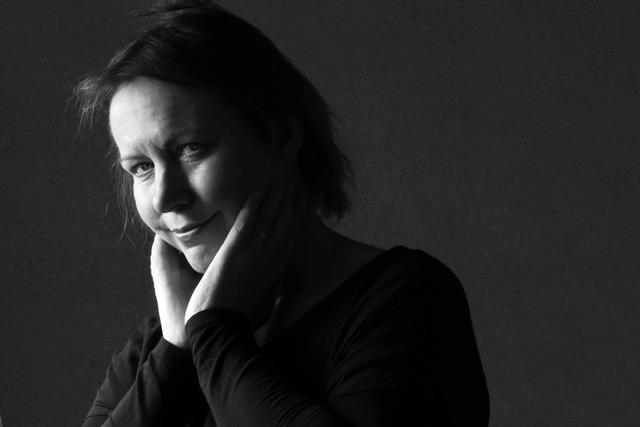
Ginny Tapley Takemori
Japanese → English#Translator Spotlight -
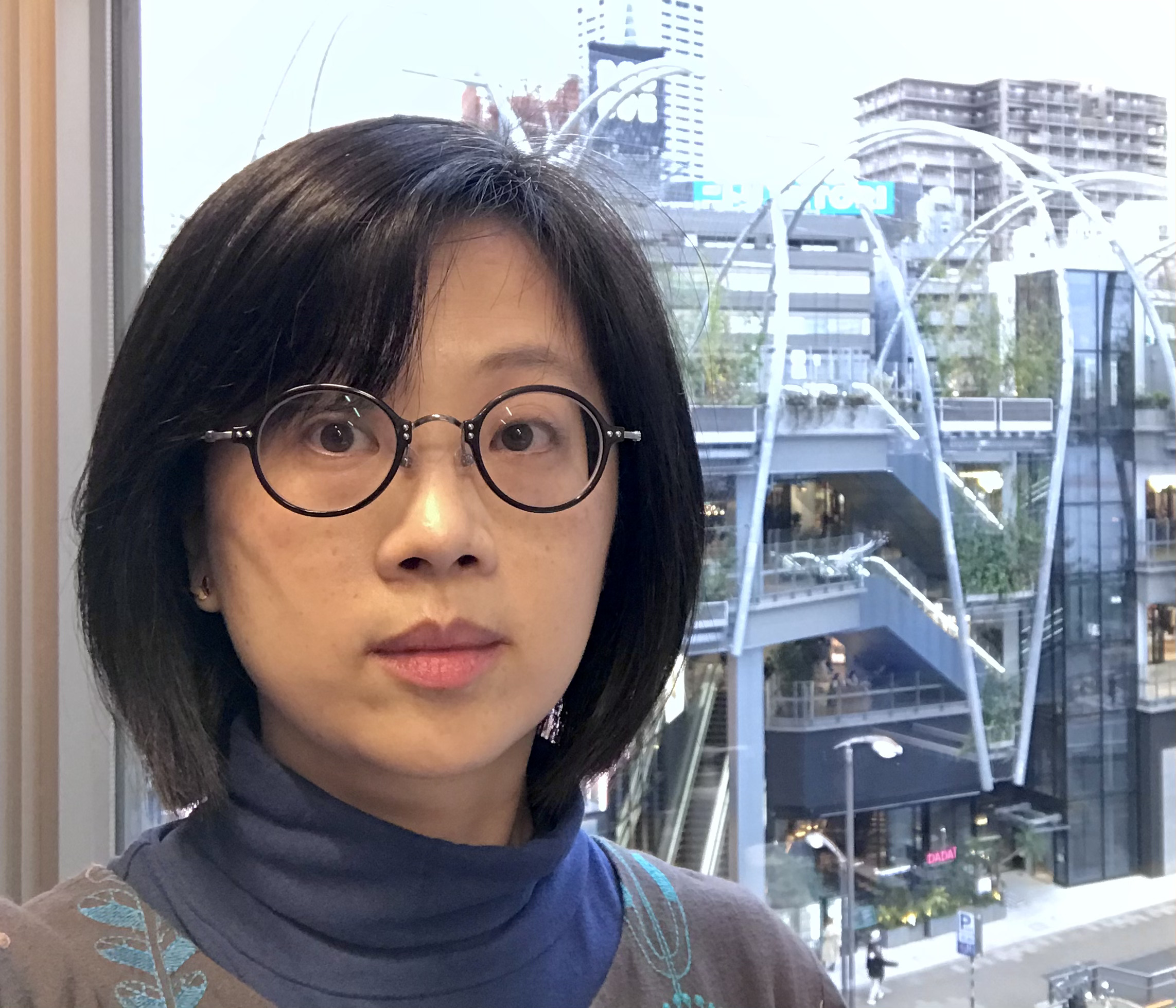
Huang Bijun
Japanese → Traditional Chinese#Translator Spotlight -
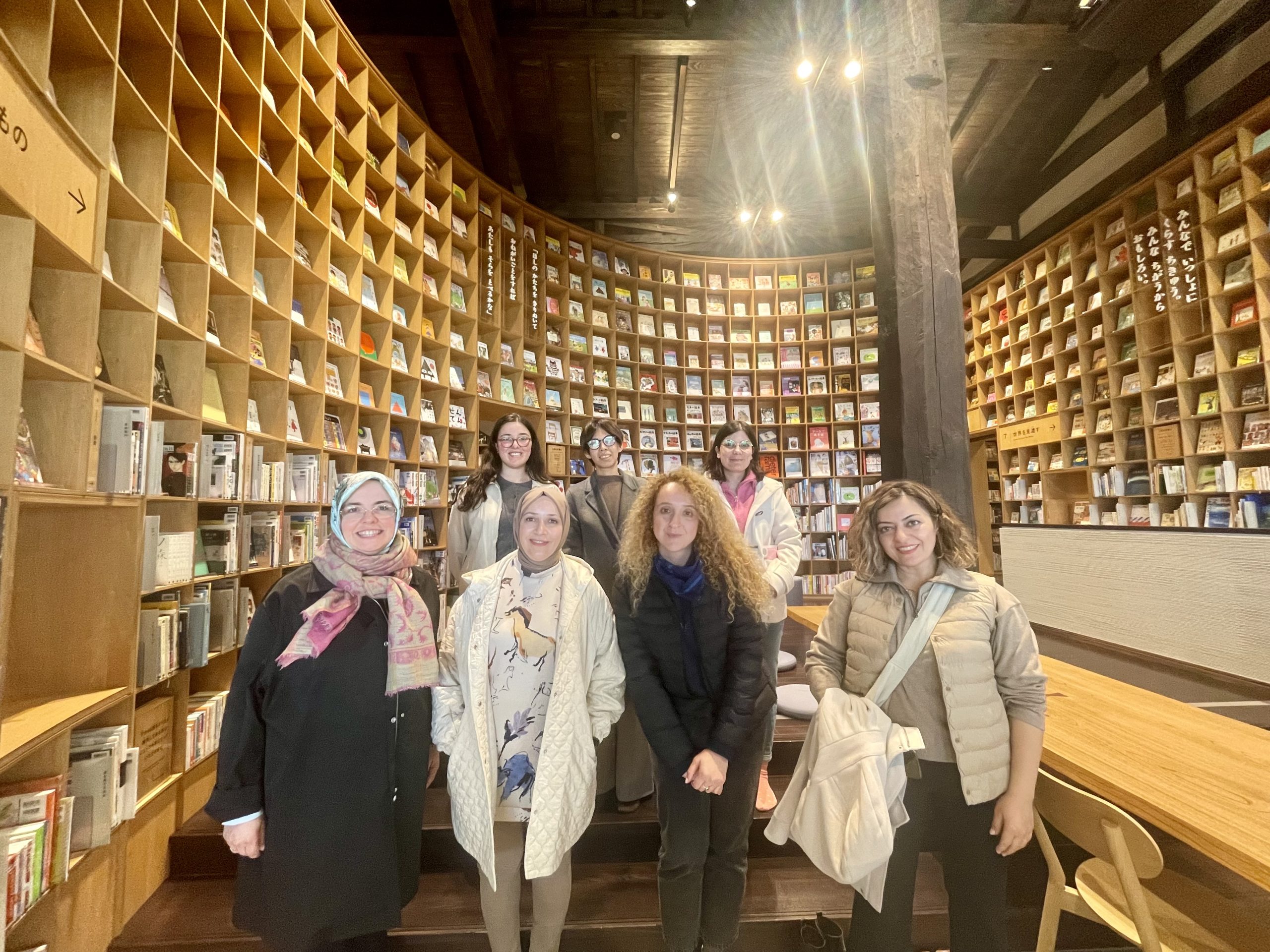
FY2024 Report: Japanese–Turkish Literary Translators’ Visit
#TurkishTranslatorVisit2024
